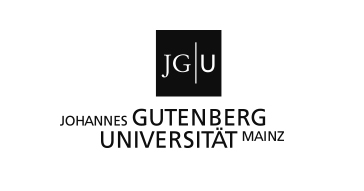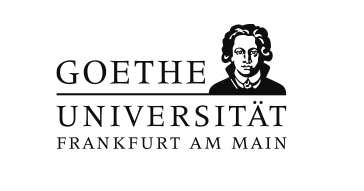30.11.2021 OMS-Blog: CfP for our Special Series «Researching, Teaching and Learning with Digital Tools»

The entire special series is published on the Open-Media-Studies-Blog.
Call for Papers
In recent years, digital tools and methods have taken over more and more areas of application in academic research and teaching, increasingly manifesting their importance since the outbreak of the global Covid 19 pandemic. We use video conferences, communicate via channel-based platforms, and organize work packages via project management tools. Commercial providers like Slack advertise the potential of their products with verbs like «redefine,» «reinvent,» and «reimagine.» They prophesy a future in which we can – through them – work together more efficiently and more connected with one another. This advertising language contrasts with rather critical positions from (open) media studies and digital humanities, for example, with regard to the marketing itself but also to the areas of application of digital tools. As we are confronted with heterogeneous objects of inquiry in our day-to-day research, which can be both analog or born digital, our use of computer-based methods is characterized by numerous decision-making processes at every stage of a project design, as Johanna Drucker argues. All of these decisions are ultimately accompanied by questions of how digital tools affect the way we communicate and work, and how they may possibly lead us to work environments that are only marginally compatible with established practices.
In our special series Researching, Teaching and Learning with Digital Tools we take these questions as a starting point to look at it from different perspectives in film and media studies. Approaching digital tools and methods as humanities scholars means opening ourselves up to a broad debate about tools and approaches we use to organize, communicate, research, and teach. Within this special series, we would therefore like to give a space especially to the reflection on processes, so that best practices can be illuminated and critically questioned. We invite film and media scholars, practitioners, and students to share their experiences in using various digital tools in order to constructively overcome dichotomies between techno-utopian promises and undifferentiated skeptical attitudes toward them.
The special series approaches the topic from four perspectives, at least one of which is to be discussed in detail per post:
- Teaching with digital tools and methods
- Research with digital tools and methods
- (Interactive) websites of projects and research communities
- Project management and communication tools in the context of film and media studies
In their contributions, authors should address the following questions:
- From which context do you know the discussed tool?
- From where do you get your knowledge about the tool and, if necessary, with whom do you exchange information about it?
- How much and what prior knowledge do you need to be able to work with it?
- Which aspects of your work does the tool make easier and/or more difficult, and why?
- What improvements would you like to see?
- What alternative tools and methods have you tried and why did you choose this tool?
- How does your environment react to the fact that you work with this tool?
- What areas of application do you see for yourself and for others?
- To whom would you recommend or advise against this tool or method?
The format of the individual blog posts may vary according to the different levels of experience of the authors. Individual reports, interviews, video essays and collaborative writing variations are all possible, and we are also open to further suggestions.
For the special series, we look forward, from now on, to receiving submissions in English or German to the team. All you need to do is submit a short proposal of no more than 200 words outlining your own approach and use of digital tools in the context of your studies, teaching and/or research, supplemented by 2-3 biographical sentences. Proposal submissions will be accepted until December 31, 2021, and the papers themselves will be accepted until March 31, 2022, and published in a timely manner. Proposals may be sent to diecke@staff.uni-marburg.de.
Contact
Josephine Diecke



